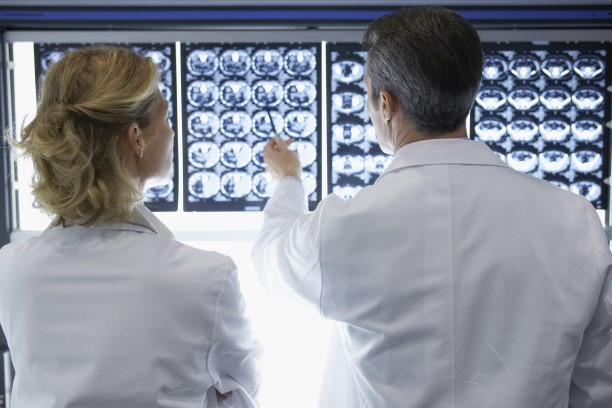Medical tourism in Germany seems to lose many clients. The numbers of foreign patients coming to the country for surgery went down. Especially the Russian markets, which was very strong for many years, is not providing that many medical tourists as before.
During the years of booming medical tourism in Germany, many highly-specialized clinics in the country could see the potential of wealthy patients from the Middle East, as well as from Russia and other states of the former Soviet Union.
A lot of money was invested in the infrastructure and non-medical experts to be able to meet the high demands. The sector was doing well increasing annually the number of foreign patients who purposefully come to Germany for medical procedures.
According to the medical tourism expert, Jens Juszczak, from the University of Bonn-Rhein-Sieg, as compared to the same period in the previous year, the sector increased by 1.4 percent in 2015, amounting to 255,000 patients from 177 countries. The medical tourists brought 1.2 billion euros in revenues, which were invested back in the German health care system.
However, the Russian market has changed. In 2014 Russia was the most important source market of medical travelers with about 9800 inpatients and 15,000 outpatients. In 2015, however, the German medical tourism industry recorded a decline of 32.4 percent with respect to Russian patients, according to Juszczak. The reason for the decrease was most likely the EU's economic actions against Russia in late July 2014 in the wake of the Crimean annexation under President Vladimir Putin. The treatments became quite costly for Russian travelers.
"Medical treatment abroad has become very expensive for Russians. That's why they travel only in urgent medical cases," explained Juszczak.

Depending on the source markets, which the German clinics focus on, the sector reported corresponding losses. "In particular the regions that previously had high demand from Russia such as Berlin are feeling the drop in numbers heavily. With a decline of 16%, the capital recorded its largest decrease with respect to medical tourism," Juszczak said.
Recovery is however not in sight. The reform of the Russian economy is likely to have bottomed out in 2017, but the double-digit growth rates of the past cannot be expected in the next year according to the medical tourism expert.
The slightly positive development regarding the number of patients from abroad is caused above all by the growing demand from Europe and the Arabian Gulf States, Juszczak explains. The latter recorded the highest growth with 17 percent, mainly driven by Saudi Arabia (34 percent) and Kuwait (19 percent). It is expected, that medical tourism in Germany will rely more and more on the patients from the Gulf.
One should not only depend on medical tourist from a specific country only, other markets should also be tapped in order to have a diverse portfolio. Emphasis should be on other markets as well in order to regain the position.